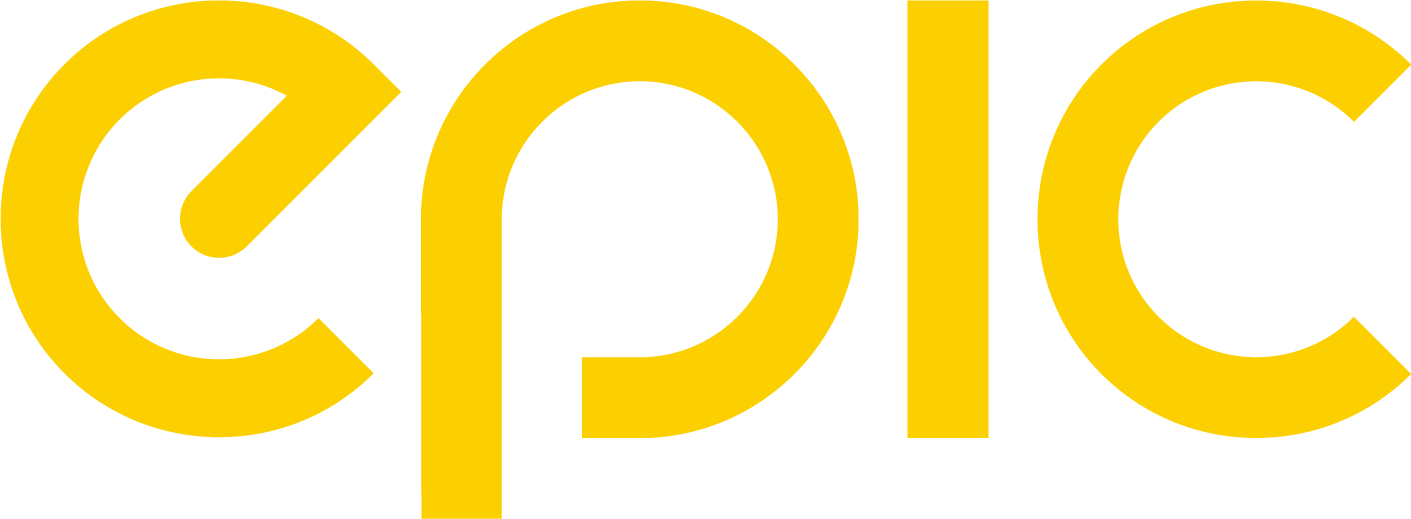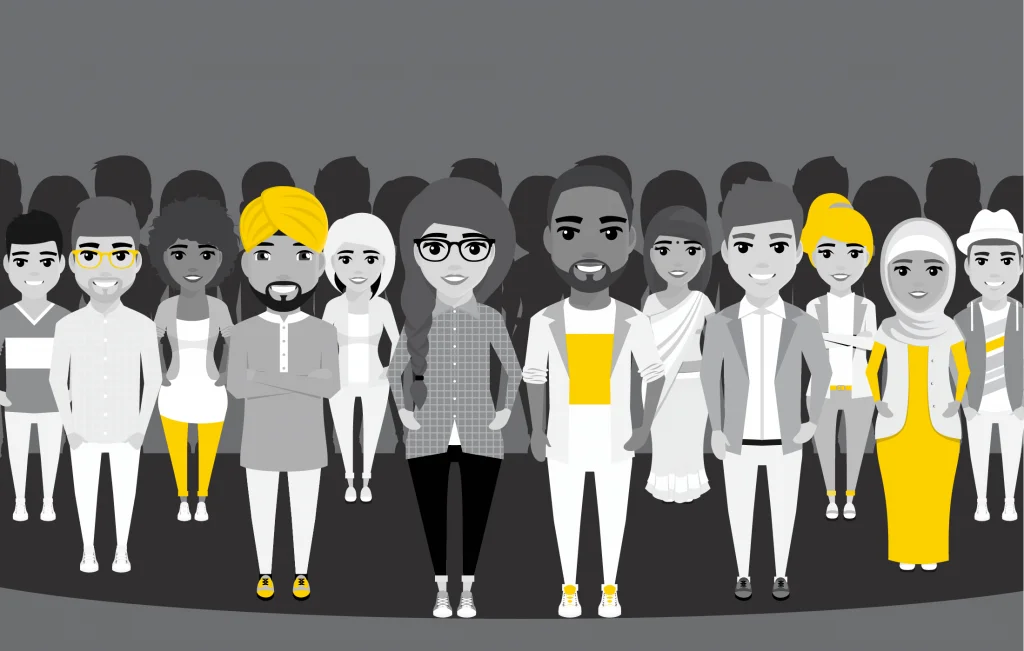When it comes to marketing, one of the biggest mistakes I see businesses make is creating a target audience that is broader than they can effectively reach. Let me explain. A friend of mine has a small business. In requesting some marketing help I asked them, “Now, who is your target audience?” Their response, “everyone.” That answer is a marketer’s worst nightmare. I hate to break it to you, but “everyone” isn’t a target audience.” In fact, when you target everyone, you’re targeting no one.
In this blog I’m going to walk you through the different audiences you can expect to reach on some of the major social platforms.
Determine Your Target Audience
Once you have established your business you need to think about future clients. Who will want your product? How will you reach them? The fact of the matter is, in order to sell your product effectively, you need to clearly identify who you want to buy your product while considering why they need your product in their lives.
Each social channel is going to have a different audience, which is to your advantage. A different audience type, with some overlap to be considered, will be on each platform. Depending on your business, it’s important to know who and how to target the correct audience.

Having over 2 billion monthly active users, there’s a lot of data regarding who is on Facebook. There’s a good chance that the audience you’re looking for is going to be found here. According to 2018 statistics:
• 88% of people from ages 13-17 use Facebook
• 84% of people from ages 18-29 use Facebook
• 72% of people from ages 30-49 use Facebook
• 62% of people from ages 50-64 use Facebook
• 62% of people from ages 65+ use Facebook
There is a wide array of users, making Facebook one of the most ideal places to find and target your audience. Throughout the years, Facebook has added features, allowing people to optimize their profiles which gives businesses even more information to target.

I might go as far as to say that Instagram is the young man’s game. The audience on this app is generally younger, emphasizing photos and videos. Smartphones are common amongst the younger generation, making this social platform perfect for those with 24/7 access to the internet and high-quality phone photos. Statistics show that:
72% of people from ages 13-17 use Instagram
64% of people from ages 18-29 use Instagram
40% of people from ages 30-49 use Instagram
21% of people from ages 50-64 use Instagram
10% of people from ages 65+ use Instagram
Facebook has a gradual decrease as the age of the user increases whereas Instagram is a significant decrease once the age of users hits about 30. Part of the reasoning behind this is because Instagram isn’t designed for desktop – Facebook is. In order to drive more traffic towards their app, they’ve made their desktop version much less user-friendly.
If you want to find a young, visual audience, Instagram is a great platform to utilize.

Though a significantly fewer number of people use Twitter, it’s still a great social platform to use. Currently growing, I’d say that one of the best uses for Twitter as of now is to create brand awareness. Running ads on it and targeting an audience might not be useful though due to how few people use it regularly. It is one of the last social platforms to use a chronological feed (a tweet’s shelf-life is around 15-minutes or so). The largest audience on Twitter comes from 18-29 year olds, and stats say that 40% of the people in that age group use Twitter.

With 69% of 13-17 year-olds and 68% of 18-29 year-olds on Snapchat, this social platform is another great way to reach a younger audience. The percentage of people aged 30+ on Snapchat is significantly less, making it less effective at targeting that specific age group. Snapchat is yet another platform based solely on photos and videos so pay attention to the content you’re sharing. It should be captivating and fast-paced.

Another growing platform, LinkedIn, is specifically marketed towards professionals, which makes it unique. The platform’s purpose is different than others. LinkedIn is designed for professional networking. Those looking to grow their personal networks utilize this platform for professional purposes. Resumes, work experience, articles, etc. are all options for content to be posted. Though it may have few users right now, it’s a platform with some of the most potential for growth. It’s starved for content, making the shelf-life of posts longer than any other social platform.
As of 2018, here are the percentages of users that are on LinkedIn:
• 29% of people from ages 18-29 use LinkedIn
• 33% of people from ages 30-49 use LinkedIn
• 24% of people from ages 50-64 use LinkedIn
• 9% of people from ages 65+ use LinkedIn
The user percentages are low, but I see LinkedIn as an opportunity to create a presence before there is a presence. Building your network now and establishing your business or yourself is one of the things that will benefit you in the future when others hop on board the bandwagon.
Social media targeting isn’t a “one size fits all” strategy. It must be intelligently determined and then optimized. The goal is to create, optimize, gather information, optimize and repeat over and over until you get your desired results. By utilizing the different audiences on each social platform, you can reach your target market with ease. Our social experts at Epic Marketing can answer any question you have about finding your perfect audience.










